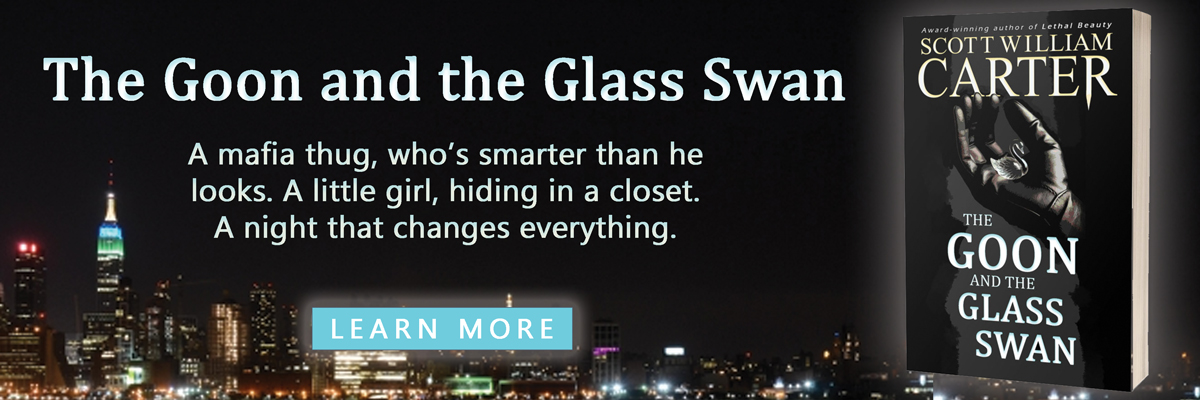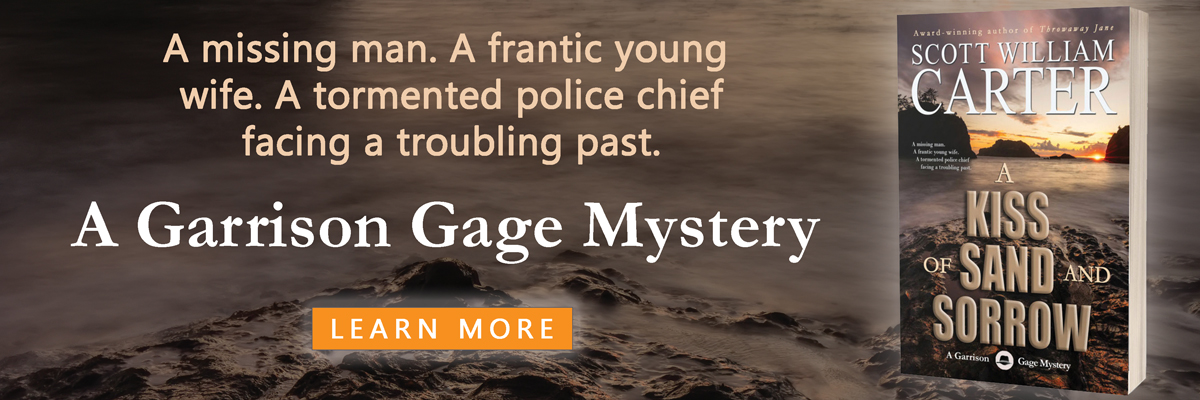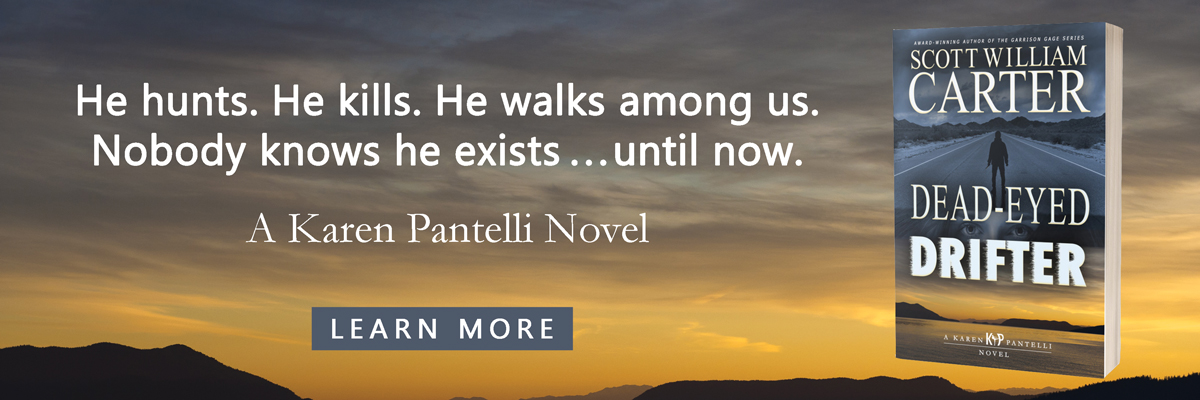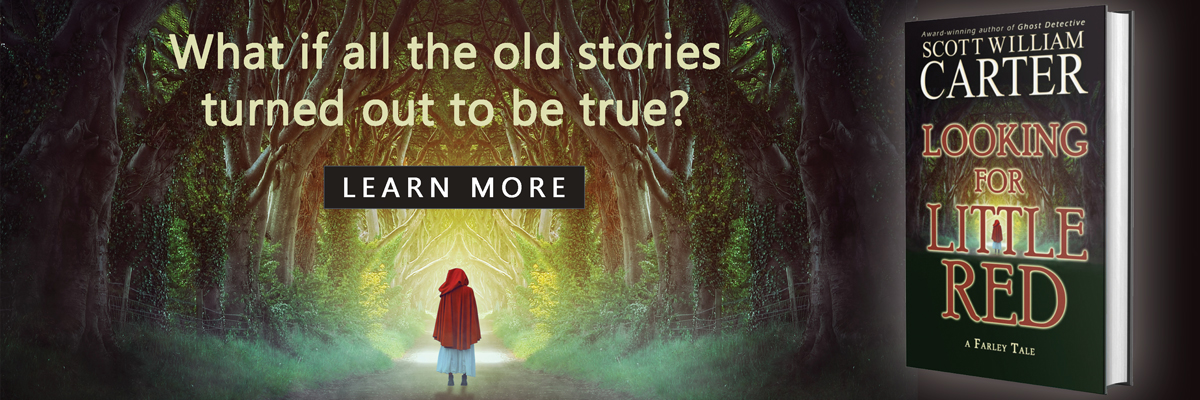A few weeks ago, I looked back at my word counts the past seven years and noticed something quite surprising: The first year I got very serious about writing — in other words, treating it like a profession and not a hobby — is still my best word count year. I wrote just over 250,000 words of fiction that year.
Now, according to my spreadsheet, I’ve written about a million and a half words in the past seven years, so it’s not like I’ve been slacking. Still, it’s not the level of productivity I’m happy with, not the level of productivity that I think will get me where I want to go, so I started asking myself why I didn’t exceed or at least maintain my yearly word count after that first year. Except for a bad year in there when I was dealing with some personal issues, for the most part I’m just as serious if not more serious about the craft as I was that first year.
Why the difference? When I dig into the nitty gritty of the spreadsheet, it’s obvious why: Back then I made myself write every day.
It’s a cliche, really. You hear it from lots of writers that you should write every day. I’ve gone through periods the last few years where I’ve done exactly that, but I often drifted back into a five day a week routine or worse, just scheduling marathon writing days a couple times a month. I told myself this was partly due to my life, with two young kids, a day job, and other responsibilities, but really, the numbers just don’t justify this thinking. The numbers that first year show that it was a lot of little word counts that added up to a big result in the end.
So I’m back on the write every day bandwagon, determined to make this year the best word count year so far — which should happen, if I stay at my current pace. As I mentioned a couple weeks ago, I came to 1000 words a day as the quota that works for me. What’s really interesting is how quickly I’ve become dependent on it. It was almost like my psyche breathed a huge sigh of relief. There was a restlessness, an uneasiness in my personality that’s been building the last few years, and it wasn’t obvious what it was until recently.
I’ve gotten addicted to writing. I just hadn’t realized it yet.
When I started writing, just writing when the mood struck, it was always fun. When I got serious about writing, writing whether I was in the mood or not, it wasn’t always fun. On the days when it wasn’t fun, I had to push myself into my office. What’s interesting about the addiction is that even on the days when writing doesn’t seem fun, there’s something else pulling me to the keyboard. It’s that feeling that if I don’t write, I won’t be right.
Is this a good thing? Well, it’s gotten me to write more, and it’s gotten rid of the restlessness. Addiction can be a dangerous business, but if it’s channeled into something with few negative side effects — I guess I have to watch out for carpal tunnel syndrome — then it’s a lot better than being addicted to something far more destructive.






